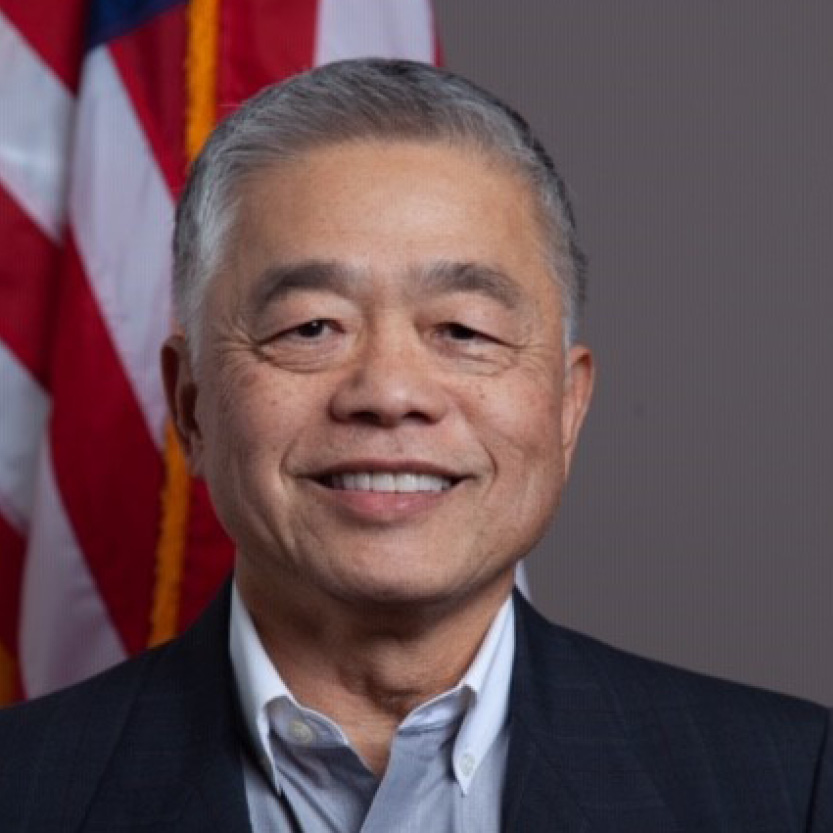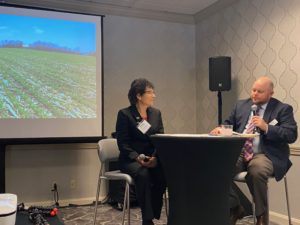SSGA visits Ottawa for training, meetings
By Eric Wenberg, executive director
As we move closer to spring, work is ramping up on the Specialty Soya and Grains Alliance (SSGA) ATP grant to brand and grow identity-preserved (IP) crops to customers abroad.
As such, SSGA staff and board members visited Ottawa, Canada, Feb. 18-19 to meet with and attend training for the overseas technical advisers SSGA has hired to promote IP abroad. The group covered logistics and financial or compliance matters, but also dug deep on what SSGA can accomplish abroad and what the technical advisers should do.
And what is that?
Promote exports of specialty soya and grains by adding to U.S. capabilities in market development by:
- Working to brand the U.S. as a quality origin for IP crops.
- Coordinating with and pushing opportunities with all the commodity organizations active in exporting.
- Reporting on IP and transportation issues, and answering your questions about SSGA and the markets
Much of our Ottawa meeting centered around our working plan for the ATP grant. Additionally, our advisers reported to SSGA opportunities to explore. Those advisers, Alyson Segawa, North Asia; Hoa Huynh, South East Asia; and Gene Philhower, Europe, also spent a great deal of the meetings learning about SSGA and our goals as an organization and our goals through the grant.
One topic we couldn’t escape in Canada was traceability, which was the word of the week. Agromeris’ Peter Golbitz ran everyone through their paces about the great detail needed to make an IP transaction work. Our transportation analyst Bruce Abbe taught everyone about container shipping and what we need to watch for to help businesses export. Member volunteers Rob Prather, Global Processing, Sean Mulford, Agniel Commodities, Darwin Rader, Zeeland Farms, and Curt Petrich, HCI, added context from their business experience.
After our meetings wrapped, I, along with Petrich, SSGA’s chairman, stayed behind in the cold weather to meet with agencies and allies in Canada. Of note was our learning about Canada’s grain inspection system where they use a 2nd-party sampler system that monitors companies as they take samples to be sent to labs for testing. This substantially cuts downs on their costs to follow rules regulating control of pests and diseases. Canada takes its quality and safety issues seriously and is confident that 2nd-party testing works. Canada has recognized its rural roots and tried to make it simpler for companies to comply with rules.
SSGA received great support from the USDA FAS office at the embassy in Ottawa, and looks forward to returning to Canada soon to liaison with its businesses and officials active with food variety field crops and identity preservation.
The next ATP implementation phase is to unveil our global branding and research contractor. As that data becomes available, we’ll keep you informed as we ramp up activities.







